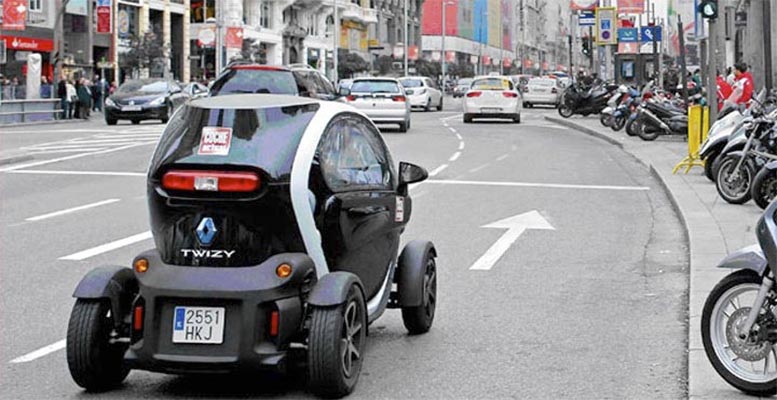Fernando González Urbaneja | Inflation is reaching unimagined and growing levels. From a cyclical episode last summer, it has become structural, with fuels (oil and gas) as uncontrollable accelerators. On the one hand, there is the direct effect of increases in electricity (affected by gas) and natural gas prices, and also of fuels (petrol and diesel) linked to the price of a barrel of oil.
The direct impact of these four products (electricity, gas, petrol and diesel) on price rises accounts for 70% of the total increase in the CPI (4.5 points out of 6.6 at the end of 2021). In addition, we have to take into account the induced effect on final prices of other products due to higher production and distribution costs. And in the background, wage increases to guarantee purchasing power, which implies higher production costs. In short, a price spiral in which everyone wants to come out on top and not lose position.
A price race in which the usual prophets warn that we will soon reach double digits, and stagflation, of the kind known in the mid-1970s.
Avoiding such a run has a name and an actor. The government with an immediate and proactive fiscal policy; shock measures that do not require much study or many hours of debate. Temporary measures, for several months, while the turmoil in the oil and gas markets lasts and while more thoughtful policies for energy saving and a change of model are put in place. Because it is clear that, in the medium and long term, the world is moving towards less dependent and cheaper energy.
Reducing fuel taxation and decoupling electricity tariffs from the spot price of gas is as necessary as it is urgent. The Prime Minister should announce this tonight. Stopping the price race is essential to avoid stagflation.





